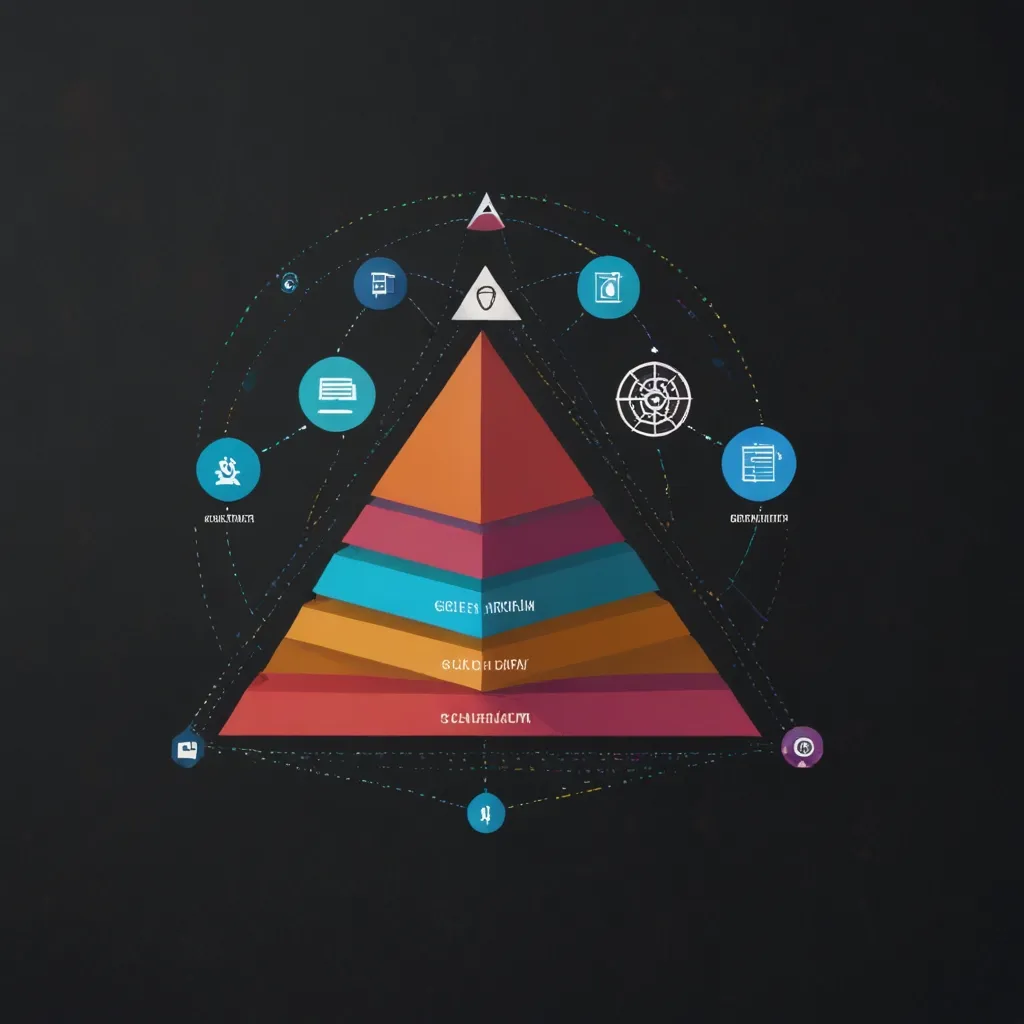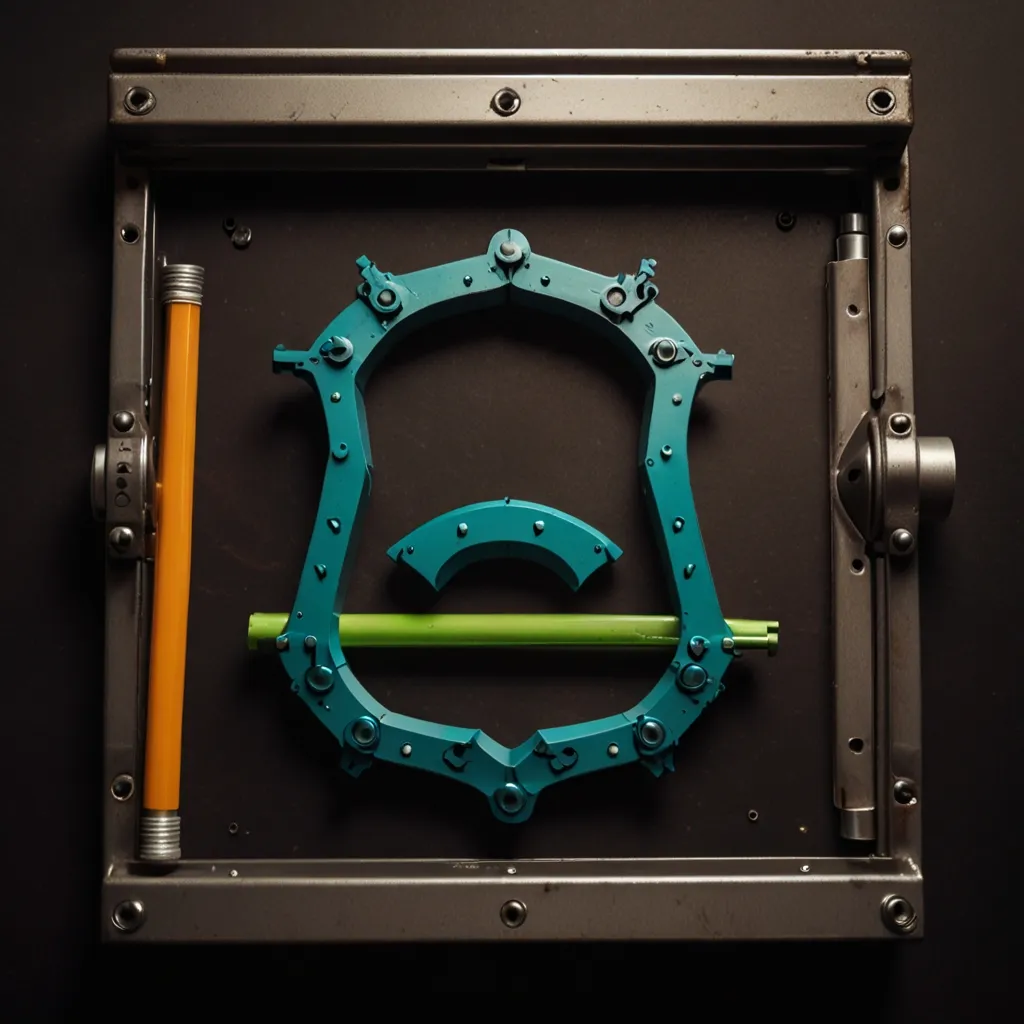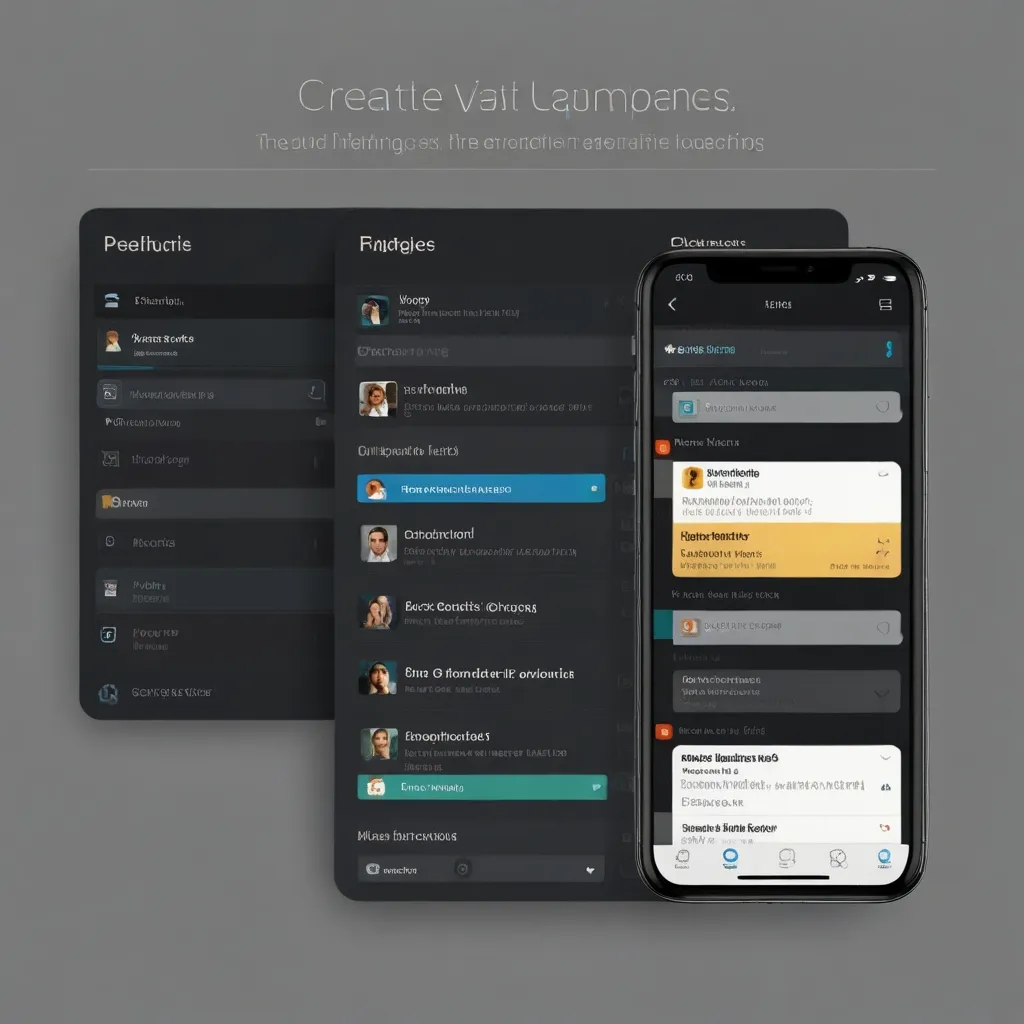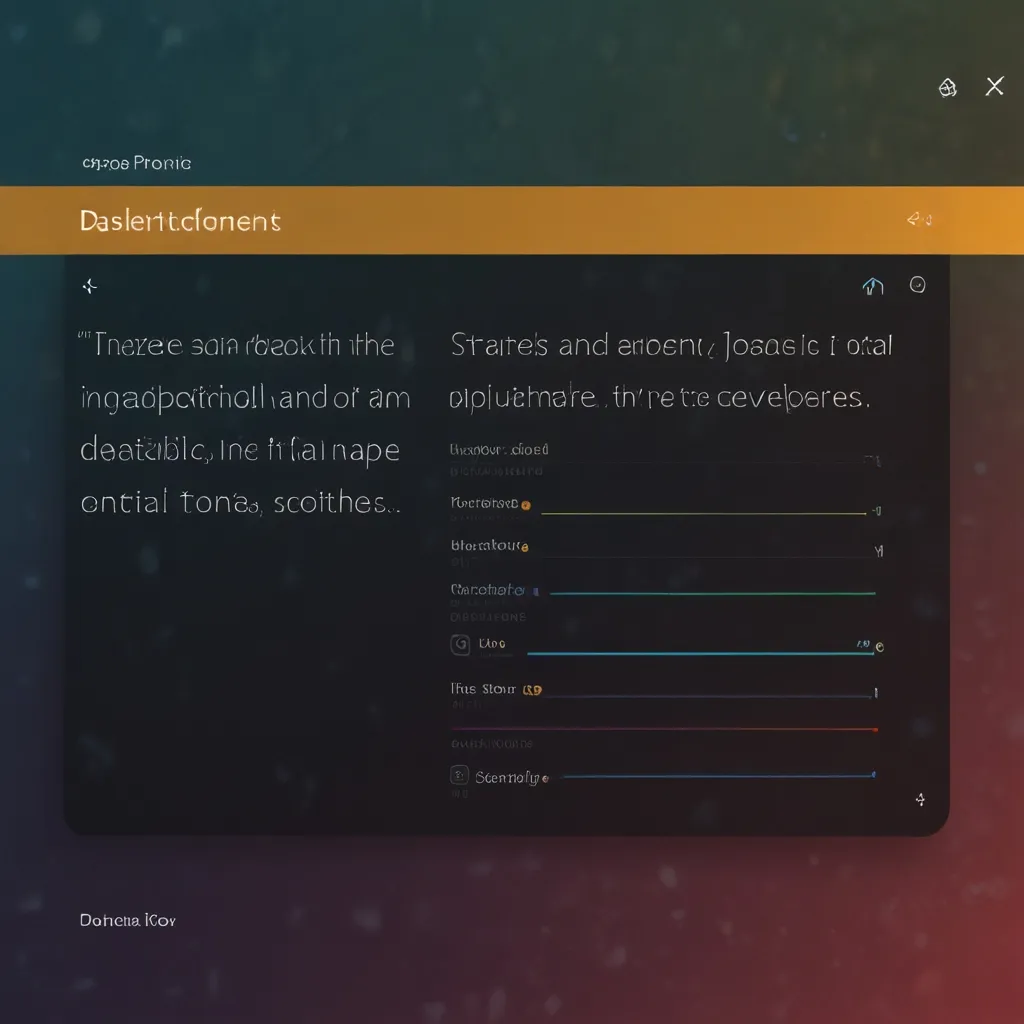Understanding Pressure in Software Development
Welcome to the whirlwind world of software development, where handling pressure isn’t just part of the game—it’s the game. Deadlines loom, project scopes expand, and stress builds up whether you’re cranking out lines of code late at night or juggling multiple features at once. But don’t sweat it, managing this stress and keeping your code impeccably clean is a skill you can learn and refine. Here are some down-to-earth strategies to help you stay cool and sharp even when the heat is on.
To start off, you’ve got to know yourself. Sounds a bit philosophical, right? But seriously, understanding how you react to pressure is like having your own personal cheat sheet. Everyone has triggers—those little things that make your heart race and your mind scatter. Maybe it’s tight deadlines, maybe it’s an endless list of bugs. Take a moment and figure out what gets under your skin. Recognize those feelings and figure out the best ways to chill out. Sometimes, it’s as simple as stepping outside for a breath of fresh air or practicing some deep breathing to clear your mind.
When the tasks pile up, things can get pretty overwhelming quick. It’s easy to let your mind spiral into chaos. So, hit pause. Spend a few minutes each day to prioritize and organize what’s on your plate. Break it down—think bite-sized pieces rather than the whole cake. If you’ve got a massive project, don’t look at it as one giant monster. Instead, slice it into smaller, manageable tasks. This way, you stay focused on one thing at a time, making it feel less like a mountain and more like a series of steps.
Planning is a game-changer. Before you dive headfirst into any task, take a step back and create a strategy. Understand the big picture, pinpoint the hurdles you might face, and break the task into smaller chunks. If you’re optimizing a piece of code, for example, start by identifying the slow bits then figure out steps to fix each part. Creating a game plan might feel like it takes time, but it saves you from a world of stress down the road.
Feeling swamped? Share the load. If you’re part of a team, don’t hesitate to delegate. Spreading out tasks not only lightens your burden but also brings different perspectives into the mix, often leading to better results. And even if it’s a solo gig, reach out to colleagues or mentors. You’d be surprised at how willing people are to lend a hand or offer advice.
Focus on what you can control. There’s always going to be external pressures—those relentless deadlines and high expectations. Instead of letting them dominate your thoughts, zero in on what’s within your realm. You can’t change the deadline, but you can make sure the tasks within your control are handled efficiently. If the timeline is tight, prioritize the must-haves and let go of the nice-to-haves for now.
In the world of high stakes and tight timelines, perfection is often the enemy of progress. This is where the “done is better than perfect” mindset kicks in. Sure, you want your work to shine, but knowing when to dial it back and focus on delivering the essentials can make a huge difference. Picture working on a feature that needs to roll out fast. Rather than obsessing over every tiny detail, hit those core functionalities and fine-tune later if time allows.
Never underestimate the power of a good support system. Whether it’s leaning on colleagues, chatting with your manager, or seeking advice from a mentor, having people to turn to can significantly reduce your stress levels. Clear, open communication is vital. Make sure everyone is aware of the goals and strategies so there are no surprises that add to the pressure.
Oh, and don’t forget to take care of numero uno—you. Your body and mind are your most valuable tools. Chronic stress can take a massive toll on both. Get your sleep, eat well (remember, pizza and Red Bull isn’t a balanced diet), and make time for exercise. Even short breaks to stretch or a quick meditation session can work wonders for your focus and productivity.
Sometimes, it helps to flip the script on stress. Instead of viewing it as a weight dragging you down, see it as a nudge pushing you forward. Pressure can be a catalyst for growth if you approach it with the right mindset. Every challenging project is a learning opportunity, a chance to hone new skills and gather valuable experience.
Build your tolerance to pressure by practicing in a controlled environment. Think of it as preparing for a big game—you wouldn’t step onto the field without practice. Whether it’s taking on smaller tasks with tight deadlines or participating in hackathons, practicing under pressure builds your resilience and sharpens your skills.
Quality code is non-negotiable, even when the clock is ticking. Here are a few hacks to keep your code sparkling clean:
- Code Reviews: Always set aside time for code reviews. They are lifesavers for catching bugs and making sure everything is up to standard.
- Automated Testing: Leverage automated tools to test your code quickly and effectively. Saves you time and ensures stability.
- Modular Coding: Break your code down into smaller modules. It’s easier to manage and test each part individually.
- Continuous Integration: Keep integrating and testing your code regularly. It helps catch issues early before they escalate.
Picture yourself in a high-pressure project. The deadline is looming, and the scope is massive. Here’s how you manage it like a pro:
First, prioritize. Focus on the core functionalities first, those are your bread and butter. Then, create a detailed plan, breaking the project into small, manageable steps. If you’re working with a team, delegate wisely and share the workload. Always focus on what’s in your control—handle your tasks meticulously rather than fretting over the deadline. Regular code reviews and automated testing are your best friends here, helping you maintain high standards without losing sleep. Lastly, don’t forget to take breaks. Short mental resets keep you sharp and productive.
Handling pressure in software development is more than just grinding away to meet deadlines. It’s about keeping your code quality high, ensuring you’re delivering top-notch products. By prioritizing, strategizing, seeking support, and taking care of yourself, you make high-pressure situations totally manageable. Focus on what’s within your control, practice under stress, and keep a practical mindset. These techniques will have you navigating the toughest projects like a breeze, consistently delivering outstanding results.






